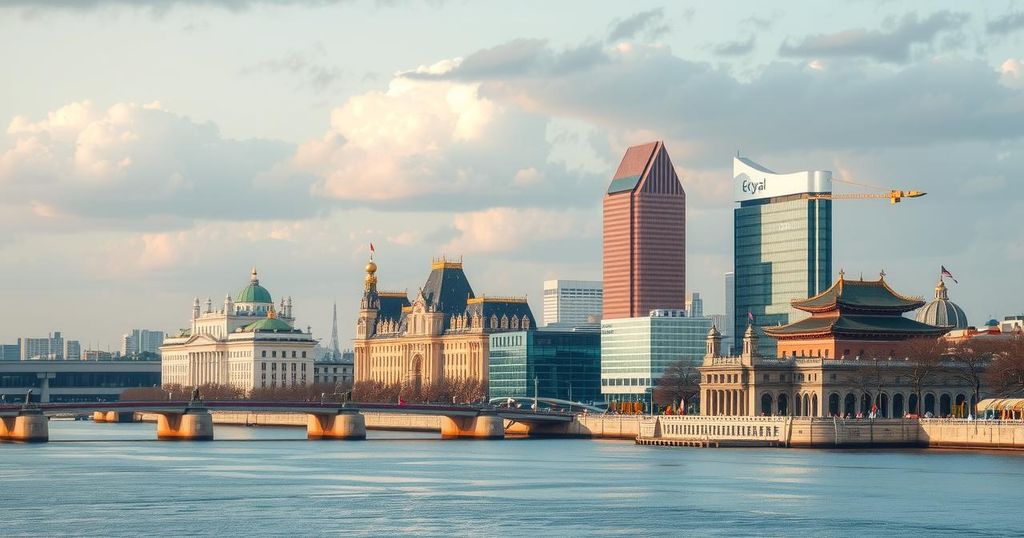Diplomatic Talks on North Korean Soldiers Captured in Ukraine Make Headlines

Ukrainian and South Korean diplomats discussed the repatriation of North Korean prisoners of war. South Korea’s Foreign Minister expressed willingness to accept these soldiers as citizens, amid concerns about North Korean troops’ involvement in the conflict. The discussions highlight geopolitical complexities and the humanitarian challenges arising from the war. Ukraine captured its first North Korean soldiers in January, prompting ongoing discussions regarding their status and rights.
On Monday, Ukrainian and South Korean diplomats engaged in discussions regarding the repatriation of North Korean prisoners of war, as reported by Yonhap News Agency. Newsweek sought comments from both Ukraine’s Ministry of Foreign Affairs and the South Korean embassy in the U.K. via email, reaching out beyond normal business hours.
The significance of this conversation is underscored by the escalating role of North Korean troops in the Ukraine conflict due to Russia’s manpower shortages. Beginning in late 2024, North Korean soldiers have played a pivotal role at the frontlines. South Korea faces potential backlash from both North Korea and Russia if it proceeds to repatriate these prisoners, despite having taken in over 34,000 North Korean defectors since the late 1990s.
South Korea’s Foreign Minister, Cho Tae-yul, communicated with his Ukrainian counterpart Andrii Sybiha regarding the captured North Korean soldiers. He indicated that Seoul is prepared to accept these soldiers as they hold citizen status under South Korean law and expressed willingness to facilitate their defection should they choose to do so.
Ukraine captured its first two North Korean soldiers in January, who later received medical treatment and were detained by the Security Service of Ukraine in Kyiv. Prior to this, another wounded soldier had been captured but succumbed to injuries. Nevertheless, South Korea’s National Intelligence Agency stated that the two captured soldiers did not express a desire to defect to South Korea at that time.
Reports emerged confirming the presence of approximately 12,000 North Korean troops alongside Russian forces, first disclosed by NATO in October 2024. Ukraine noted that one-third of these forces had suffered casualties since their deployment. The increasing involvement of North Korean soldiers in the conflict has prompted South Korea to analyze the developments critically, especially as more troops and equipment are reportedly being readied for deployment from Pyongyang.
In a recent social media update, Sybiha expressed gratitude towards South Korea for its solidarity with Ukraine and voiced concerns over the escalating cooperation between Russia and North Korea, highlighting its potential threats to global security.
Amid scrutiny, Yeonmi Park, a North Korean defector, criticized Ukraine’s alleged attempts to condition prisoner repatriation to South Korea on arms trade, calling it a violation of international law and humanitarian principles that dictate voluntary repatriation of prisoners of war.
President Volodymyr Zelensky of Ukraine recently shared an update on social media regarding the captured North Korean personnel. He highlighted the challenges faced in capturing these soldiers and confirmed their well-being, ensuring that necessary medical care is administered and advocating for transparency through media access.
In conclusion, the discussions between Ukraine and South Korea regarding North Korean soldiers captured in the ongoing conflict are significant, especially given the geopolitical complexities involved. The willingness of South Korea to accept these prisoners underscores a humanitarian approach amidst rising tensions. However, the situation remains fluid with international law and ethical considerations at the forefront of discussions about possible repatriation.
Original Source: www.newsweek.com







